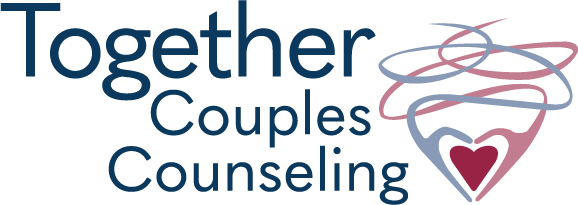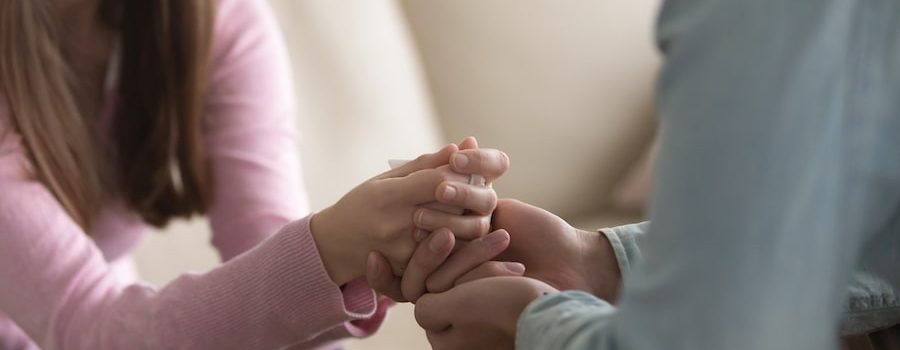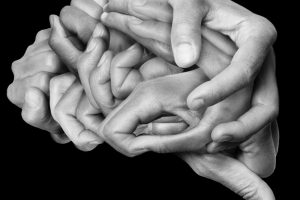When most people think of ways to improve their marriage, they likely think of being kinder to their spouse, or being more helpful around the house, or listening to their partner more and being less reactive.
All of those things are helpful, but there is an important aspect of self care that will actually make you a better partner: Self compassion.
Defensiveness is one of the most frequent complaints I hear from thoughtful, kind, warm hearted men and women who come to my office. What would help those who become defensive the moment their partner tells them something that upsets them?
Last week, I wrote about how the antidote to defensiveness is to bring on self compassion. While self esteem is the global evaluation of self (I am a good person, I am thoughtful, I am a kind partner), self compassion is slightly different, but in a very important way.
As Dr Kristin Neff, a professor of human development and culture and researcher who defined self compassion states, “Self compassion is a way of relating to ourselves kindly. It is speaking to ourselves, treating ourselves the way we would a good friend. It is the practice of not judging ourselves harshly or comparing ourselves to others.”
We live in an ecosystem, nested inside other ecosystems. How we relate to ourselves impacts how we relate to our spouses, our children, our communities and our world. And there is plenty of research that shows self compassion makes you a better partner and improves the quality of your relationship.
Here are 3 ways that self-compassion improves your marriage:
Accountability
When you bring on self compassion, you are able to acknowledge to yourself and to your partner that you messed up, made a mistake, forgot to do something or didn’t follow through on an agreement you made. Through self compassion, you are able to say to yourself “I said I would schedule the dog for grooming this week and I didn’t do it. I forgot and I know this to be the case, so I’ll acknowledge it and own it”.
As Brene Brown shares from her extensive research on trust, “I can only trust you if, when you make a mistake, you are willing to own it, apologize for it, and make amends. I can only trust you if when I make a mistake, I am allowed to own it, apologize, and make amends. No accountability? No trust.”
A partner who is accountable for their actions, builds trust in the relationship.
is able to turn to their partner, admit their shortcomings and look for ways to resolve a problem together with their partner. This is an essential skill for being a good teammate in a marriage and help to keep conflict from spiraling into the blame game.
Self compassion makes you less needy
Self compassion is a way of self soothing. When you are able to provide comfort and compassion toward yourself, you don’t need it as much from an external source. Kindness from within allows you to acknowledge your suffering or difficult feelings without avoiding and supressing them or ruminating on them endlessly.
Contrary to our deepest longing (and even contrary to some methods of couples therapy!), our partners are not responsible for fulfilling our many needs and healing our wounds.
The expectation or hope that our partner will heal our wounds is a heavy burden that places a lot of pressure on a relationship. That pressure and expectation leads to repeated disappointments.
Many do not have the relational skills required to take care of our needs, let alone their own. That’s the simple, yet often hard to accept, reality of living with another flawed human being. Though we all can learn the skills if we are open to it.
Less Criticism
Criticism is one of the 4 Horseman of the Apocalypse known from the research in The Love Lab, by John and Julie Gottman as predictors of divorce.
I often encourage my clients to give each other grace. To remember that their spouse is a flawed human being that will make mistakes, just like they themselves do.
Self compassion is a way of turning that grace inward. And when you are less critical of yourself, you are also less critical of others, able to accept their humanity, which is something every relationship, and I would say, the entire world needs more of. If you need help finding self compassion, reach out to see how individual therapy can help.





